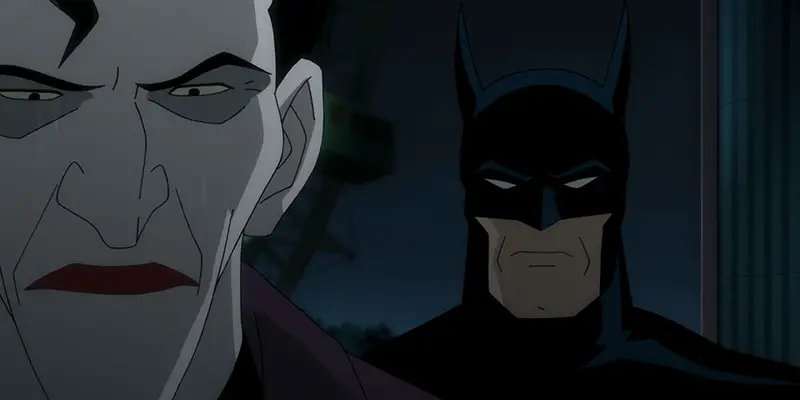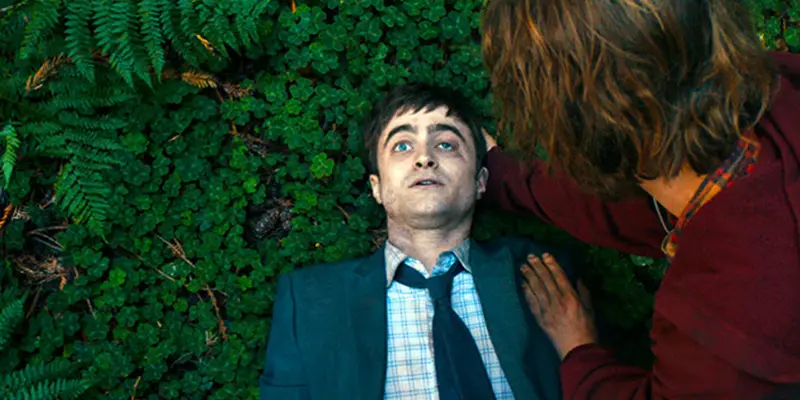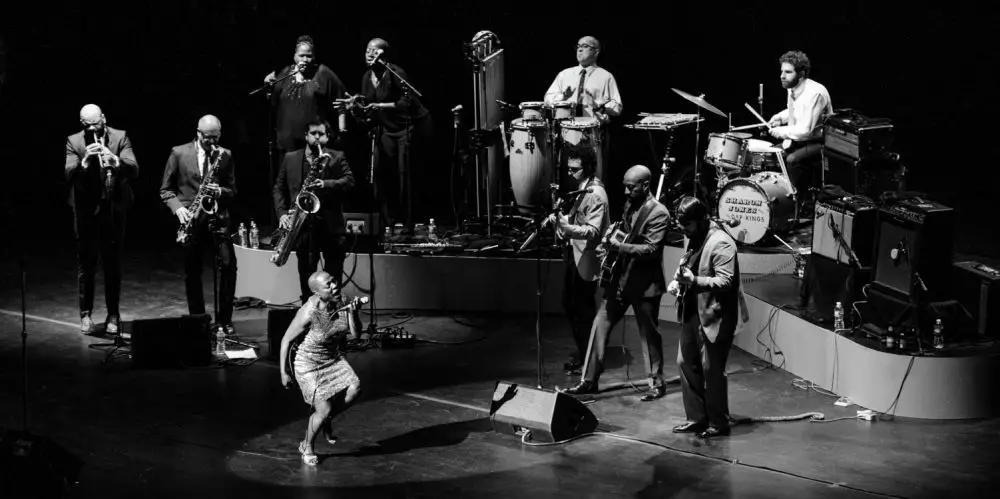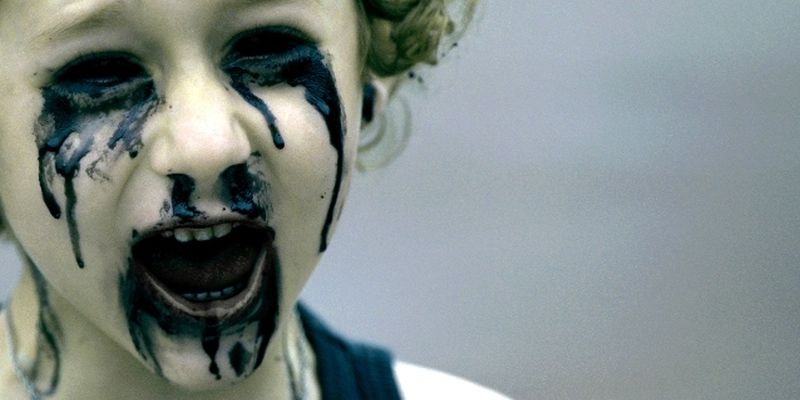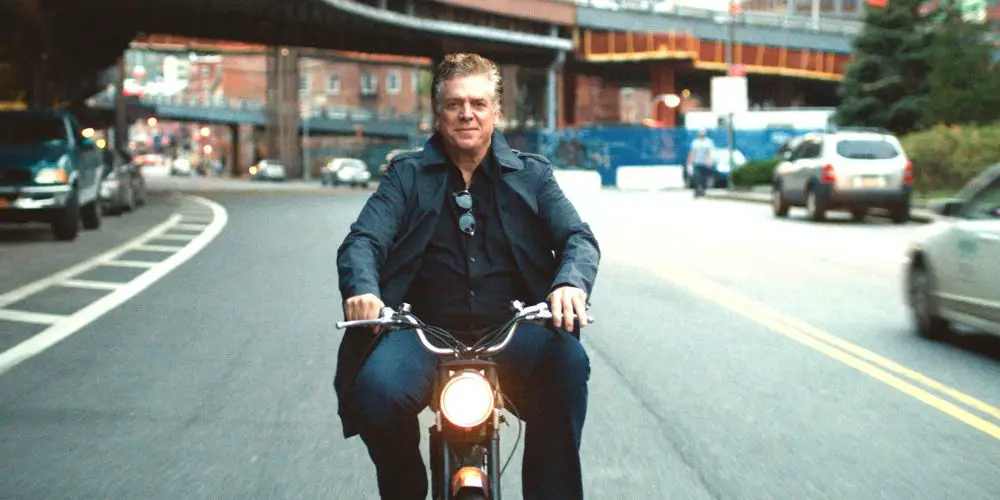Film Reviews
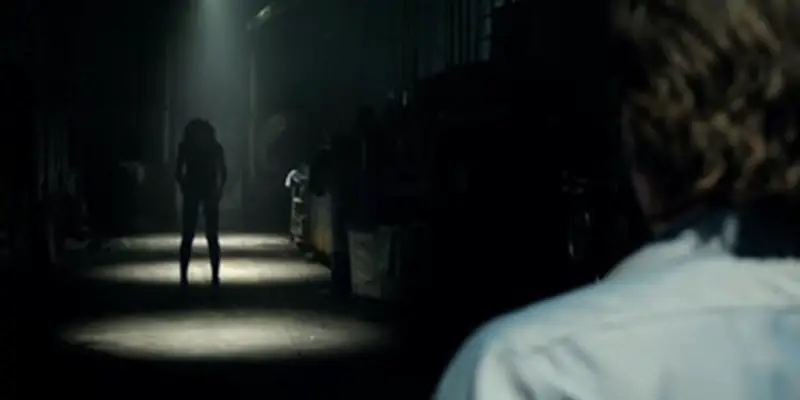
Lights Out initially seemed to be promising. Though reminiscent of other horrors I have seen, the idea of a creature that only lives in the dark is still an interesting and potentially frightening subject; that is, if it’s composed with the right balance in both story and direction. Unfortunately, like many dime-a-dozen horror films, Lights Out suffers from an all-in approach, choosing to simply attempt to scare the viewer by any means necessary rather than working on making it genuine.
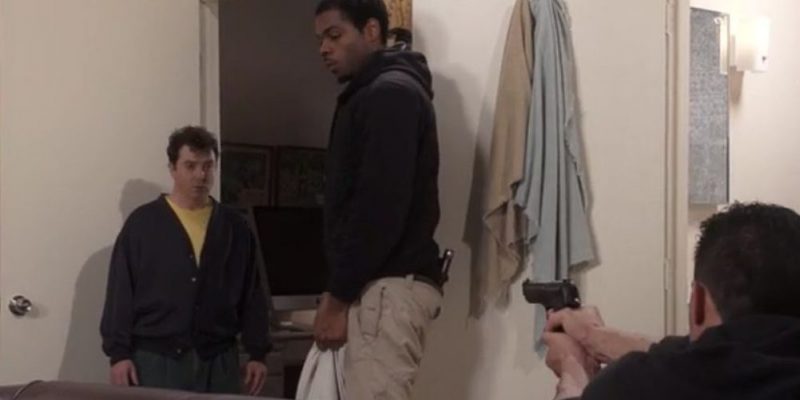
That’s Opportunity Knocking is a short comedy that starts off strong, panders down and then picks back up, written and directed by Charles Pelletier. Starring Satchel André and Moronai Kanekoa, the film recently won “Best Comedy Short” at LAIFFA. Pelletier clearly has a lot to say and harbors strong feelings about the 99% vs the 1%, which is how he opens his film and also is a theme that carries throughout.
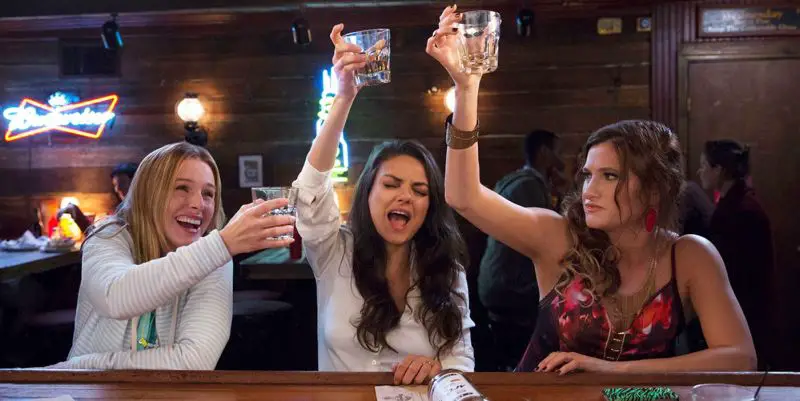
Bad Moms threatens to turn into a women-centric Seth Rogen movie, and it could easily have fallen off that particular cliff. Fortunately the movie and the audience are spared that fate, largely because the moms aren’t really that bad, and that’s the point of the movie. These women are overstressed, overworked and under-appreciated, but they’re trying.
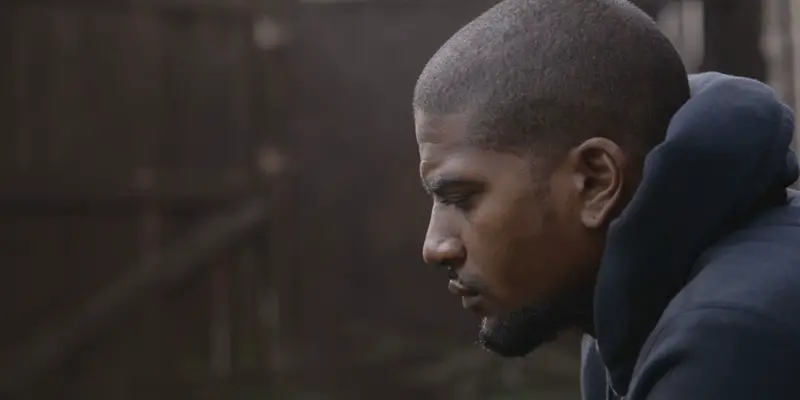
I was lucky enough to get the chance to interview The Hard Stop’s director, George Amponsah, producer, Dionne Walker and co-star Marcus Knox-Hooke, recently, before watching a screening of the film followed by an audience Q&A with Amponsah, Walker, Knox-Hooke and co-star Kurtis Henville. It was one of the most moving and insightful experiences I’ve had for a long time, and I’m still unravelling the many thoughts and feelings both the film and our conversation inspired. The IMDB description of the film The Hard Stop explains:
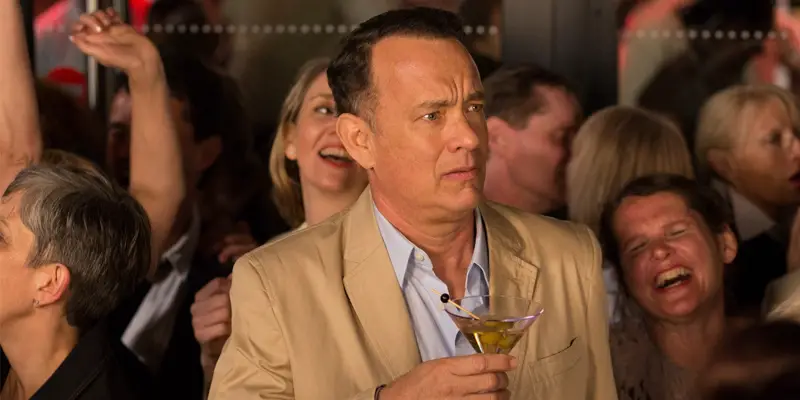
Is there a term for one-hit wonder film directors? Whilst the idea of the one-hit wonder is quite prevalent within music (I’m a sucker for late ’90s, early 2000s one hit wonders, who doesn’t love Breakfast at Tiffany’s?), it’s a concept that’s becoming quite frequent in cinema as well; filmmakers who coast off the success of one film.
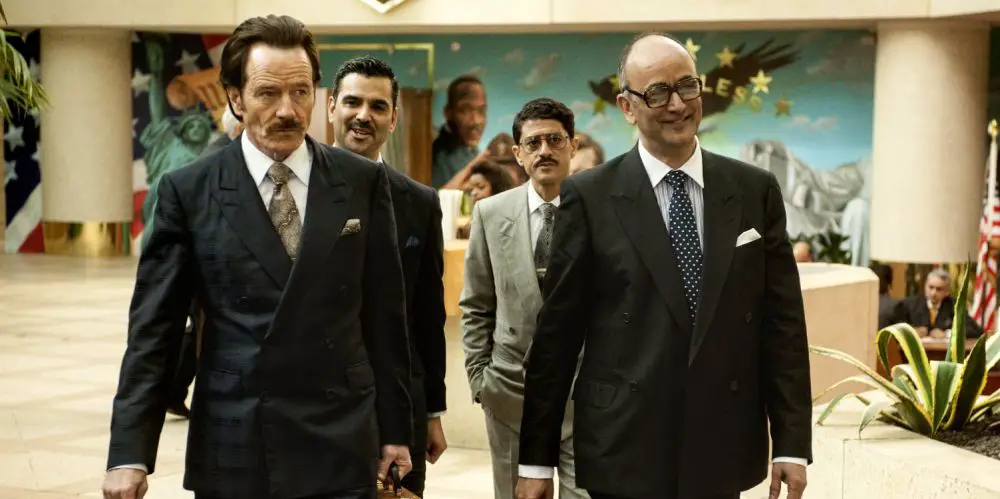
In recent years, the gangster film seems to be a stale genre, with a majority of the films lacking any distinctive qualities. Last year’s Black Mass is a prime example, with the only really memorable aspect of the film being Johnny Depp’s performance. Viewed against this backdrop, then, The Infiltrator just manages to stand out amongst modern films.
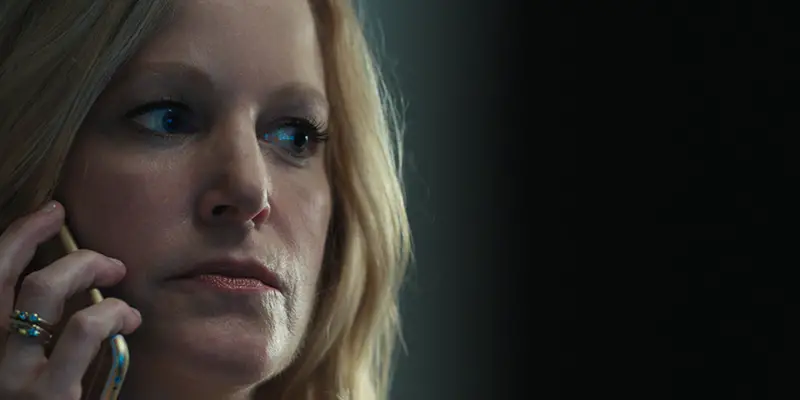
Meera Menon’s film Equity manages to tick a lot of boxes off in terms of the kind of characters it depicts and focuses on, from having a female lead (an incomparably skillful Anna Gunn, best-known for Breaking Bad), to a female ensemble, to numerous women behind the camera (led by director Menon, helming her second feature). One of many truly impressive feats the film manages to pull off is that it not once feels like it’s ticking any boxes – that the film is inclusionary of layered, dimensional female characters is of course, noteworthy, but it is one of its many strengths. Chief among these strengths is the compelling narrative, which starts from the screenplay (credited to Amy Fox, story by Sarah Megan Thomas, also onboard as a producer and co-star, with producer and co-star Alysia Reiner), and is bolstered by Menon’s capable direction, Gunn and the ensembles’ applause-worthy performances.
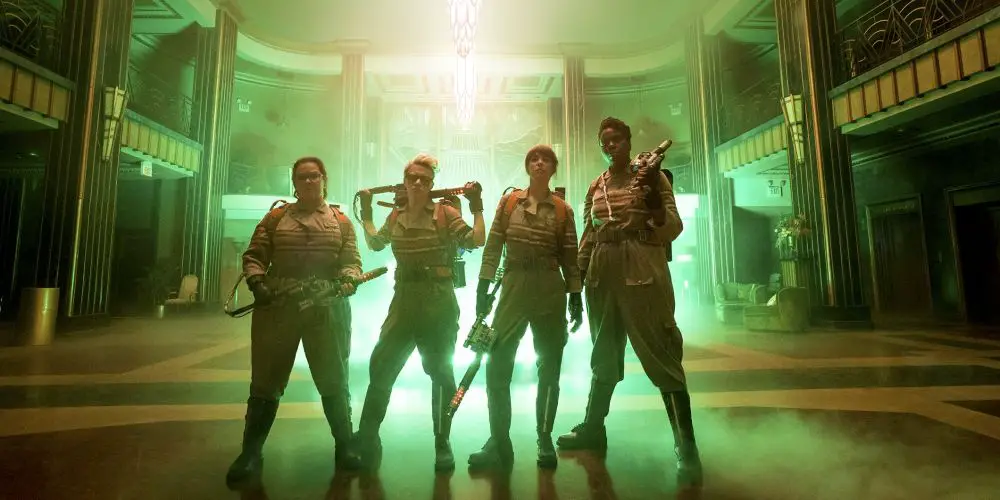
It would be to put it lightly that this film’s reputation preceeded it. After years of people theorising about another sequel to Ghostbusters (1984), naively deciding to overlook the fact that Bill Murray didn’t want to work with Harold Ramis again, and Ramis’ recent death, a new film was announced. The only problem was that noted comedy director Paul Feig was put in charge.
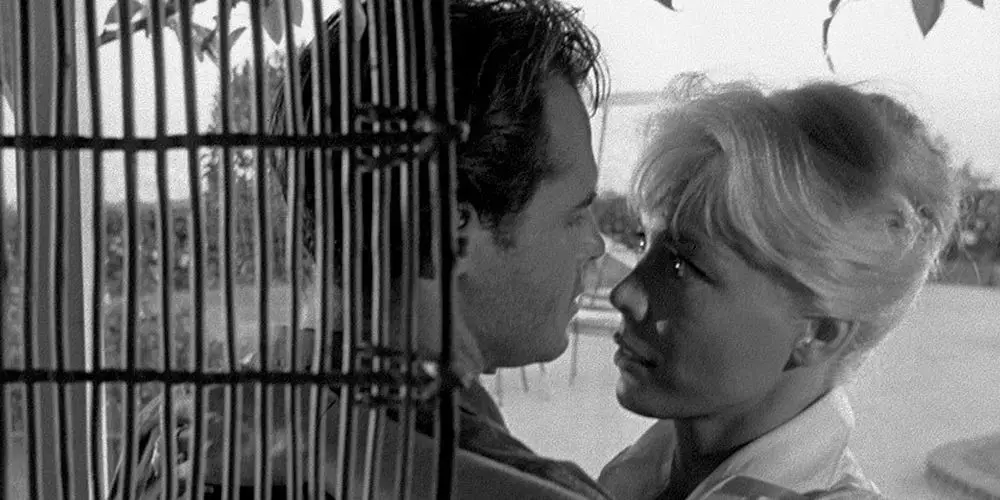
When it comes to cinema, it is truly the best and the worst of times. An unstable economy and the rampant rise of piracy have forced studios to rehash old films and hammer original ideas into the ground just to try and make money, with many mainstream movies now catering towards the profitable Chinese market to make those big bucks that the US haven’t been producing lately. Whilst it’s a dire situation, this new social media age has been a huge step forward in retaining and reviving film history.


